Slide
For full information about this event visit this link
Introduction
Household financial well-being is a critical and timely topic for several reasons. First, it directly impacts the quality of life for individuals (Mathew et al., 2024) and their families. It influences their ability to meet basic needs, access healthcare and education, and ensure a comfortable living environment. When households experience financial stress, it can lead to a range of negative consequences, including physical and mental health problems, family conflicts, and a decline in overall happiness (Ryu & Fan, 2023). At the macro level, household financial well-being significantly impacts the overall economic stability of a country. Financially secure and stable households are more likely to contribute positively to the economy through spending, savings, and investments (Cashin et al., 2001). Conversely, financially stressed households may require social assistance or contribute to economic downturns during financial crises.
Warmest greetings from Chuo University Exchange Program!
Greetings from Waseda!
Until now, Indonesia still imports synthetic dyes for fabric and yarn containing azo, aromatic amino, naptol, direct, acid, base, and reactive groups, in huge capacities. The use of this dye has been banned since 1996 in Europe. Indonesia has a cultural legacy from its ancestors of using natural dyes, which are safe and beneficial for the body. Apart from that, Indonesia also has abundant natural wealth and biodiversity which are raw materials for making natural dyes.
We are excited to announce the return of the ASEAN-Japan Youth Forum, “Take Actions for Social Change” (TASC) program for the year 2024, in collaboration with the Japan Foundation and the ASEAN University Network (AUN) Secretariat. Following the remarkable success of the previous year’s forum, TASC will continue fostering cross-cultural exchange between young people from ASEAN countries and Japan and addressing pressing global issues.

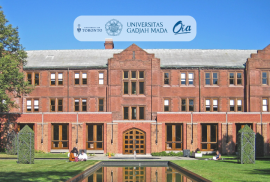
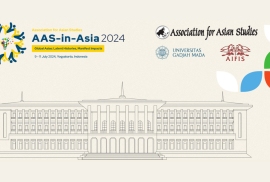
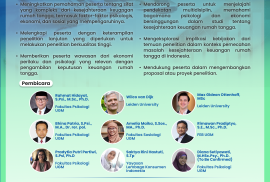


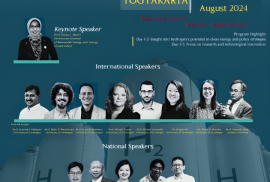
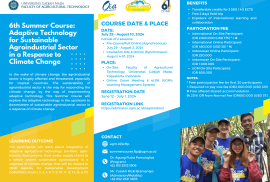
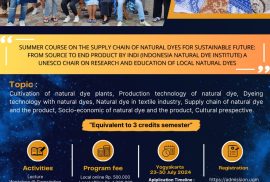
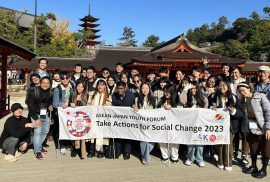


Recent Comments